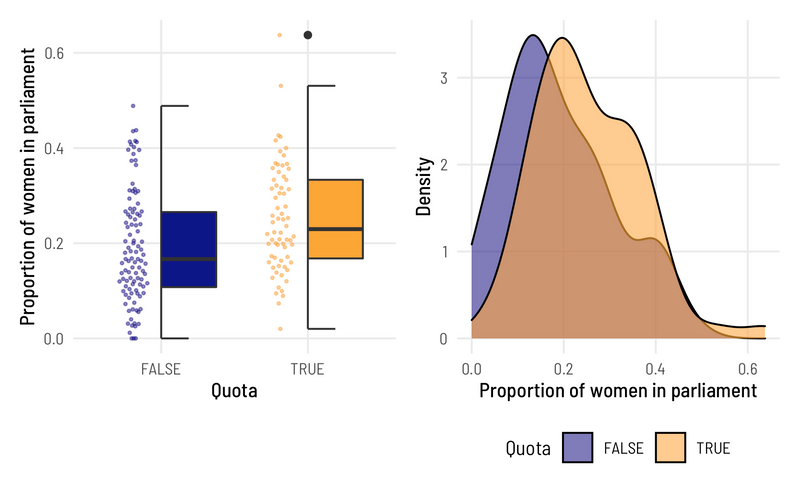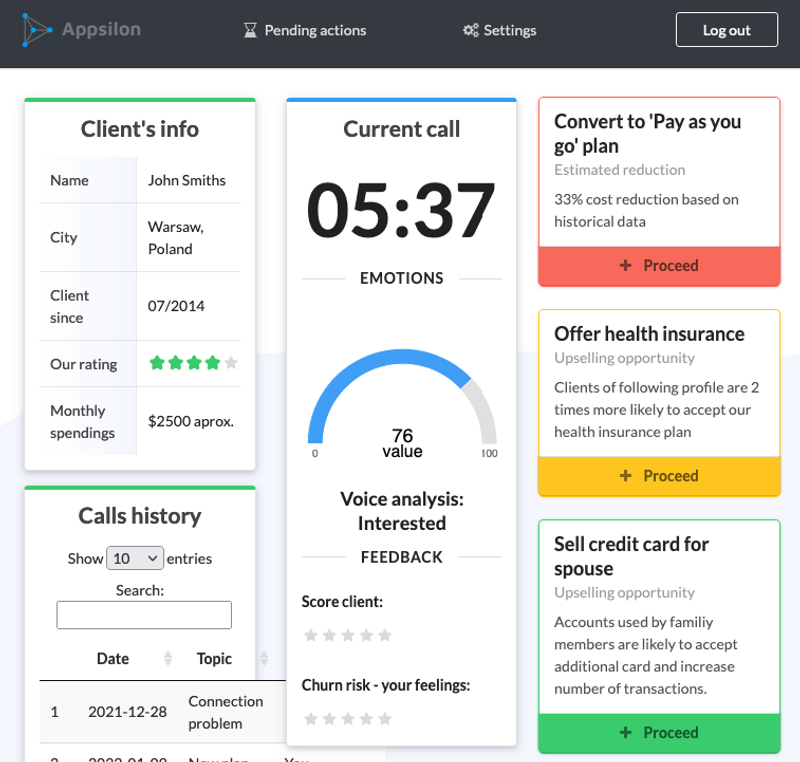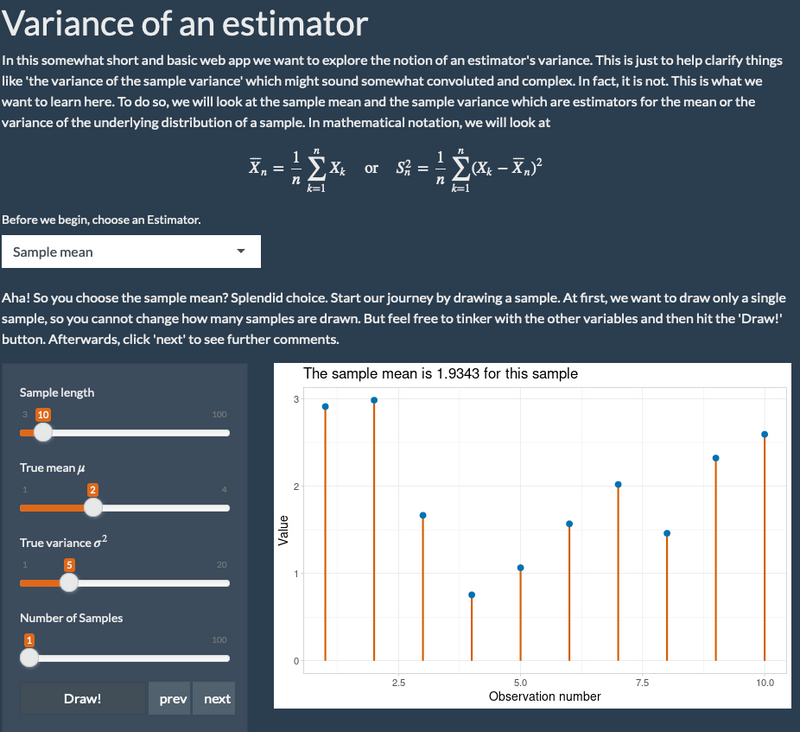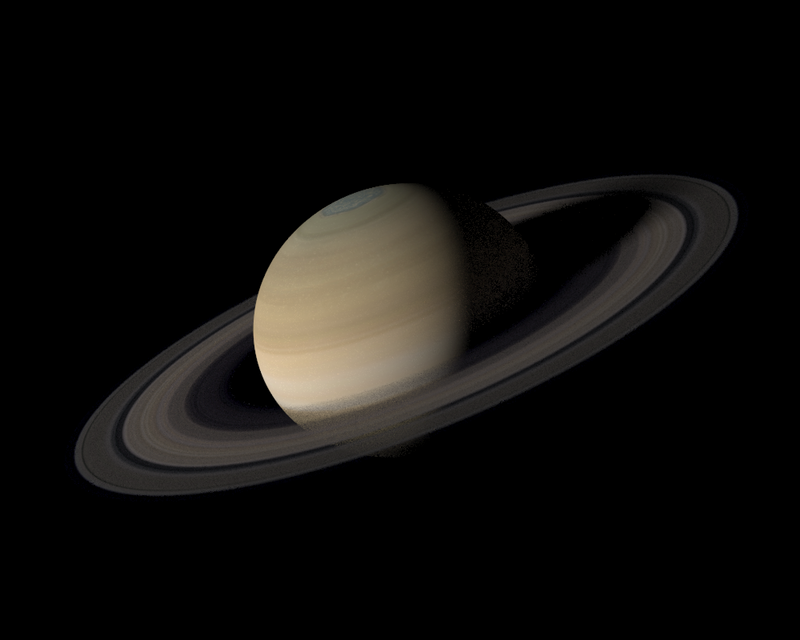Live
-
{{ is_pkg(link.U) }}{{ link.T }} {{ get_host(link.U) }} - {{ link.N }} ( {{ get_host(link.U) }} )
{{ is_pkg(link.U) }}{{ link.T }} {{ get_host(link.U) }}( {{ get_host(link.U) }} )
{{ item.date }}
-
{{ is_pkg(link.U) }}{{ link.T }} {{ get_host(link.U) }} - {{ link.N }}
( {{ get_host(link.U) }} ){{ is_pkg(link.U) }}{{ link.T }} {{ get_host(link.U) }}
( {{ get_host(link.U) }} )
R Weekly 2021-W46 Zillow, Databases, macOS M1
This week’s release was curated by Tony ElHabr, with help from the R Weekly team members and contributors.
Highlight
-
Why machine learning hates vegetables (a dialogue about Zillow)
-
Transitioning from x86 to arm64 on macOS - experiences of an R user
Insights
R in the Real World
R in Organizations
R in Academia
Resources

CRAN
-
{testdat} 0.3.0: Data Unit Testing for R
-
{surveil} 0.1.0: Time Series Models for Disease Surveillance
-
{seasonalityPlot} 0.99.3: Seasonality Variation Plots of Stock Prices and Cryptocurrencies
-
{ggpolar} 0.2.0: Dots and Their Connections in Polar Coordinate System
-
{hoopR} 1.5.0: Functions to Access Men’s Basketball Play by Play Data
-
{shiny.semantic} 0.4.3: Semantic UI Support for Shiny

- {semantic.dashboard} 0.2.1: Dashboard with Fomantic UI Support for Shiny
GitHub or Bitbucket
-
{fidelius} 0.0.1: Secure password-protection and in-browser decryption for R Markdown/HTML documents
-
{googlePubsubR}: R interface for Google Cloud Pub/Sub REST API
Updated Packages
-
simstudy 0.3.0 update: Adding flexibility to data generation
-
blogdown v1.6: Support for the config/ Directory, and Improvements in install_hugo()/new_post()
-
{sp} 1.4-5: Classes and Methods for Spatial Data
-
{sf} 1.0-3: Simple Features for R
-
{readr} 2.1.0: Read Rectangular Text Data
-
{keras} 2.7.0: R Interface to ‘Keras’
-
{tensorflow} 2.7.0: R Interface to ‘TensorFlow’
-
{microbenchmark} 1.4.9: Accurate Timing Functions
-
{xgboost} 1.5.0.1: Extreme Gradient Boosting
-
{tibble} 3.1.6: Simple Data Frames
Videos and Podcasts
-
R in Sports Analytics - Player Tracking Data & Big Data Bowl
-
R in Public Sector - A story about Reykjavík’s Thermal Pools
Shiny Apps

Tutorials

R Project Updates
Updates from R Core:
Upcoming Events in 3 Months
Events in 3 Months:
Jobs
-
Associate Principal Scientist, Statistical Programmer, Merck
-
Senior Statistical Programmer- Analysis and Reporting Standards, Innovation, Merck
Call for Participation
Quotes of the Week
When should you write comments in your code? Here's a small tip I learned while working with a colleague today...
— Garrick Aden-Buie (@grrrck) November 10, 2021
If you're writing code and you have to ask someone a question to figure out how to make your thing work, then put what you learned in a comment!
🦡 I think you're missing some badges, pal. I gotchu: https://t.co/LyxjK3LH8G pic.twitter.com/KpFA2jwHZi
— Matt Dray (@mattdray) November 9, 2021
These days of #COP26 I was wondering how wind farms are distributed in Europe, so using data from @openstreetmap I made this map. #rstats #dataviz pic.twitter.com/EkuWI353cb
— Dr. Dominic Royé (@dr_xeo) November 13, 2021